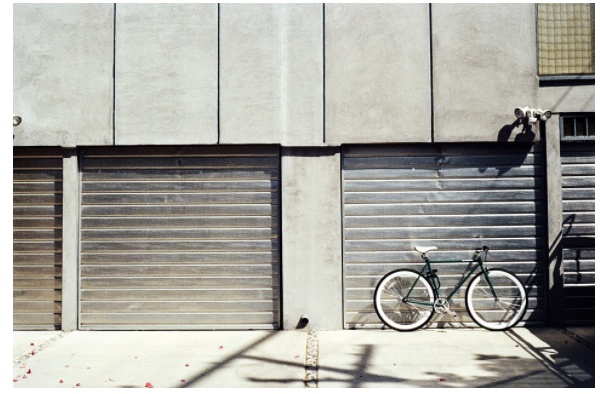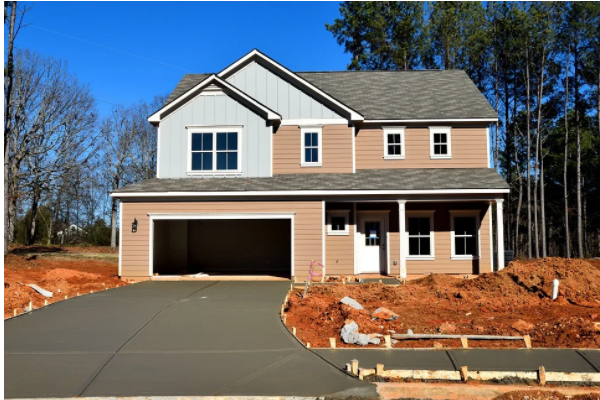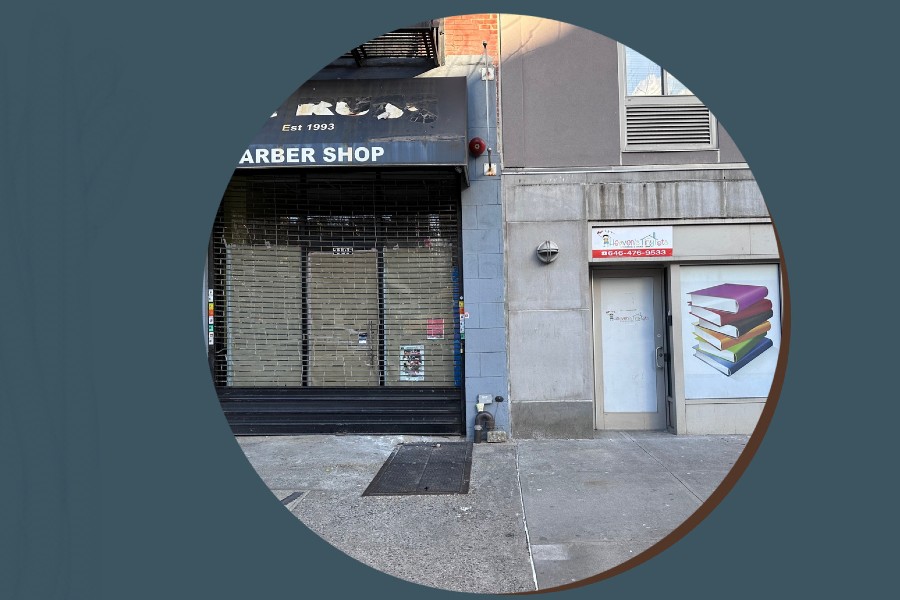 Garages are a great place to store your car and other items, but you should never overlook the dangers lurking in its corners.
Garages are a great place to store your car and other items, but you should never overlook the dangers lurking in its corners.
There are carbon monoxide and electrical issues, noxious fumes, and sharp objects. It is important to know about these hazards so that you can protect yourself from injury or worse. There’s no need for an accident to happen when it can be prevented! In this article, we will take a look at some of the most common garage safety hazards. We will go into detail about each one along with ways of how to address them. By understanding these hazards better beforehand, you’ll be able to work on preventing them from happening instead.
1. Garage Doors
Many people forget about their garage door maintenance once it is installed unless something goes wrong with it. Your garage door is the largest moving object in your home and it has many parts. It’s important to inspect these parts for wear and tear, especially when you are thinking about doing some garage door repair.
Some of the common things you should be looking for include:
- Broken springs or cables. These can snap back at you if not replaced in a timely manner.
- Electrical parts that need to be replaced or fixed if they are faulty.
- Excessive play in the hinges and rollers can cause issues such as difficulty with closing and opening, sound when it’s in use, and more.
You should choose a professional service to inspect and maintain your garage door. You shouldn’t neglect garage door tune-up and inspection. These things are important not just for your garage door, but for your and your loved ones’ safety as well. Garage door maintenance should be done every 6 months or once a year to ensure that your garage door is in good condition.
2. Carbon Monoxide
Carbon monoxide is produced by the activity of your car’s engine. Carbon monoxide poisoning results in over 15,000 emergency room visits each year. Symptoms include flu-like symptoms such as headache, fatigue, and nausea. However, these symptoms can be mistaken for many other illnesses and diseases.
It’s important to know how to prevent carbon monoxide poisoning. One way is to install a carbon monoxide detector in your garage. It will sound an alarm if toxic gas levels are detected. The other way is to make sure that your car’s exhaust pipe and tailpipe aren’t blocked by snow, leaves, or other objects before turning the engine on. Also, never start up your car if the exhaust is blocked. Never leave your car running in your garage when you are not around to monitor it. Always crack open a garage window slightly while the car is on.
3. Electrical Hazards
 Electrical outlets and extension cords can be tripped over by accident, causing a short-circuit or a power outage. If this happens, unplug any existing extension cords first. You can also install floor or wall sockets instead of an extension cord to avoid the risk of tripping over it.
Electrical outlets and extension cords can be tripped over by accident, causing a short-circuit or a power outage. If this happens, unplug any existing extension cords first. You can also install floor or wall sockets instead of an extension cord to avoid the risk of tripping over it.
Garages are infamous for electrical hazards such as faulty power GFI switches and wires, water on the garage floor, and having your car battery stored in extreme temperatures. Make sure that you install ground fault circuit interrupter (GFCI) outlets in your garage. The GFCI monitors the difference in current between itself and other electrical appliances. If too much current passes through it, the GFCI will turn off automatically to prevent electrocution or shocks.
Make sure you unplug all extension cords before rain or snow hits the garage. Water on a metal surface is a shock hazard and can lead to electrocution. If possible, install fixtures with covers over your electrical boxes so that they won’t be exposed to water or ice if it falls from above.
4. Flood
Your garage is at risk of flooding should you live in an area that experiences heavy rain and snow. Your garage door can also contribute to a flood if your door is not closed properly. Garages are more likely to be flooded in spring, winter, and autumn when the snow melts, when it rains, and groundwater seeps into the garage. You don’t want this to happen since it can lead to mold growth and deterioration of any wooden components of your garage such as your car, flooring, and walls.
You can prevent your garage from flooding by doing the following:
- Locate all of your electrical sockets and switches in a raised area so that they won’t be submerged by water if there is a flood.
- Make sure your garage door closes properly. There shouldn’t be any substantial amount of water pooling on the door or any gaps between the floor and door.
- If your garage is near a river, creek, pond, lake, or sea, be aware that it will flood especially during heavy rains and snowmelts.
5. Chemicals
There are toxic chemicals in every home including paints, solvents for cleaning tools, oil-based paints, degreasers, lubricants, and rust removers. Many of these chemicals can be hazardous to humans without proper ventilation. When you open up your garage door every day, the fumes from these chemicals will seep out into your home or anywhere else where your garage is close. You don’t want these chemicals to end up in your living room for example.
If you store any of these toxic chemicals in your garage, make sure that they are stored properly and away from children and pets. This will ensure that anyone who enters the garage won’t be exposed to the contents of these chemicals.
Garages can be a dangerous place to store items and it’s easy to forget about the dangers lurking in its corners. It doesn’t matter if you live in an apartment or have your own home, take a peek at some of these common garage safety hazards-carbon monoxide, electrical issues, noxious fumes, and sharp objects. You may not think that your garage is as much risk for flooding but we want to make sure that you’re aware of all the possible risks so that they don’t become life-threatening problems later on. We hope that you learned more about garage safety hazards and how to address them.
Become a Harlem Insider!
By submitting this form, you are consenting to receive marketing emails from: Harlem World Magazine, 2521 1/2 west 42nd street, Los Angeles, CA, 90008, https://www.harlemworldmagazine.com. You can revoke your consent to receive emails at any time by using the SafeUnsubscribe® link, found at the bottom of every email. Emails are serviced by Constant Contact








